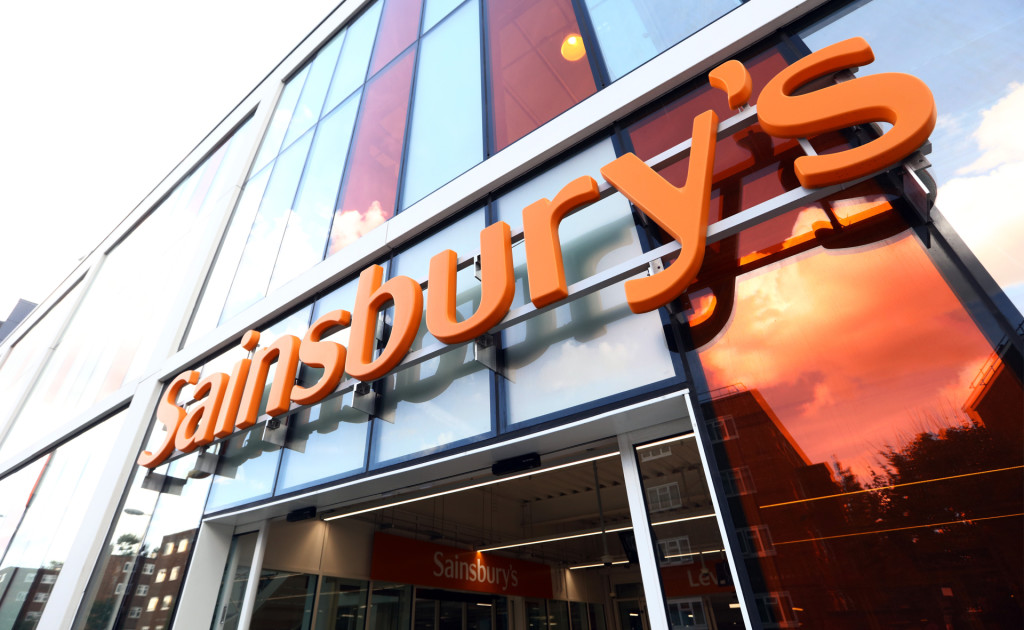Sainsbury’s and the Union of Shop, Distributive and Allied Workers (USDAW) have urged the new Government to deliver on its promise to reform business rates following research which demonstrates that failure to act could lead to 17,300 retail closures over the next ten years.
Commenting on the research, Simon Roberts, chief executive of Sainsburys,said: “All responsible retailers want to pay their fair share of tax, but the current business rates system has become an enormous burden on our industry. It is no longer fit for purpose. It has failed to keep pace with major changes in how customers are now shopping and how much our retail industry has changed over the last decade. As a result, it is directly causing store closures and job losses across the sector.”
He continued: “We believe there is a better way – one that will contribute to higher economic growth and help our communities to thrive. The report shows that reducing business rates would enable businesses to invest in more stores, creating jobs and generating prosperity. We welcome the new Government’s manifesto commitment to reform business rates and hope that it will move quickly to deliver on this promise, which would deliver real benefits for communities, employees and businesses alike.”

Paddy Lillis, general secretary of USDAW, representing 148,000 Sainsburys colleagues and 360,000 USDAW members, added: “The scale of the challenge the retail industry faces is huge, with very high numbers of job losses and store closures that are scarring our high streets and communities. A robust plan is needed for the future of retail work that addresses both the immediate and urgent priorities facing the industry and staff, as well as wider measures to help deliver better jobs. We need a co-ordinated and inclusive approach, involving all key stakeholders.
“The current business rates system is not fit for purpose, as it places bricks and mortar retailers at a significant disadvantage to online retail. In effect, this amounts to nothing more than an unfair tax on shops and action has to be taken to level the playing field. We are keen to work with Government and business to ensure that business rates are replaced with a fairer system, which allows our high streets, towns and cities to thrive.
The research, carried out by Development Economics, also raises concerns around the previous Government’s decision to remove the freeze on the ‘multiplier’ – the rate in the £pound at which business rates are charged.
In the first year alone, the increase will cost businesses £1.6bn, over a quarter of this falling on the retail sector. It would also hurt retail industry employees with4,300 retail jobs set to be lost in 2024/25, according to the report.
The study revealed that if the Government continues on its current trajectory of annual inflationary increases to the tax, it would make otherwise profitable retail stores unviable and result in an estimated 17,300 closures by 2033/34. However, with a 20% cut to retail business rates, that would, within ten years, generate additional business rates revenues of £70m per year for the Exchequer.
A 20% cut would also protect and create over 17,000 retail jobs which might otherwise be under threat and deliver benefits to the UK’s high streets which rely on the pull of major retailers in order to support other economic activity in their town centres. It would also boost GVA – a key measure of a sector’s contribution to the economy – by £400 million per year.
“With headline inflation showing signs of rising further, retailers face the prospect of another large rise in business rates next year, which are based on September inflation rates,” says the British Retail Consortium’s director of insight Kris Hamer. “This penalises the retail industry, as retail products currently have generally lower inflation levels than the headline figure on which business rates rises are based.”
He continues: “The Government should buy into retail by ending the 14 years of Conservative business rates rises, which have seen the multiplier increase by a third since 2010, harming the viability of many high street stores across the country.”
Top: Shops are at risk of closure over the next ten years unless the government takes steps to reform the current business rates system, says a new study.
























